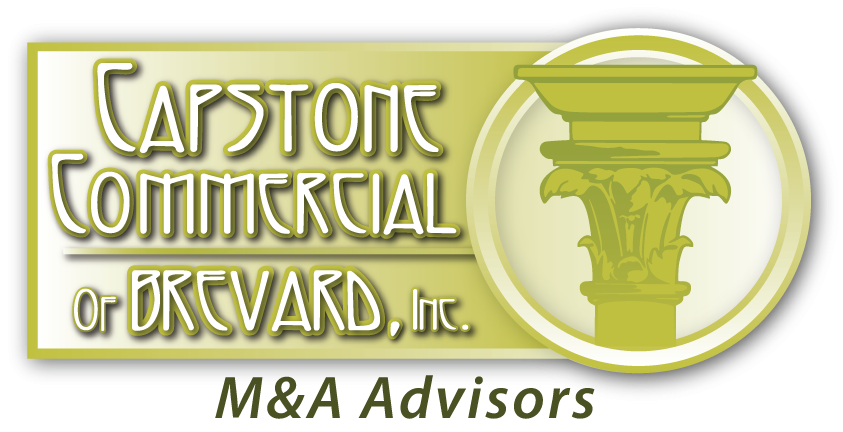There are several common questions that I hear over and over again about using a business broker or commercial real estate broker when selling. Here’s a list of the most frequent questions and the answer to each.
Why Use a Business Broker and/or a Commercial Real Estate Broker?
The principal value of a broker is to act as a buffer between the buyer and seller. A broker can say certain things to a buyer and certain things to a seller and wind up with a productive discussion. Good brokers turn down many of the businesses they’re asked to sell, either because the seller won’t provide full financial disclosure or because the business is overpriced. Going through a broker as a buyer or seller helps you avoid these bad risks.
When is the Best Time to Sell?
Many people wait until their business is on the decline to sell. That’s the exact opposite of what you should do. You want to sell when you are at the top of your game, when your profit margin is at its highest amount. It may take a seller two years to get ready to put a business on the market. You need to assemble a team that works for you. Once the business is on the market, it may take two more years to position the right buyer. The economy is a major factor in determining when is the best time to sell also. For example, 2008-2009 was one of the worst times to sell because of the recession. It’s always better to sell when the market is strong like it is now in 2015. Timing is everything; don’t wait for a down economy or some other catastrophic event.
What are the Deal Breakers?
Unresolved problems can cause severe problems when selling a business. It’s important to have accurate financials, and good intellectual property rights put together prior to advertising a business for sale. It’s equally important to have a well organized management team in place. Many buyers will focus on the management team, as they more than likely do not have a person to replace the seller right away. Legal issues must be resolved prior to selling a business. Most small business owners use their business for tax writeoffs to decrease their tax liabilities. Many of the expenses in a business are non-business related. It’s important to identify those personal expenses and non-recurring expenses such as travel, meals, entertainment, repairs, etc. Profit and loss statements and balance sheets may need to be restated to identify profit areas.
Where are the Buyers?
There are an incredible amount of buyers in the market today seeking to acquire solid companies with gross revenues between $3 million and $20 million. Private Equity Groups are numerous and seeking to acquire these smaller companies for cash. Many buyers will offer the owner an 80 percent buyout (all cash) if the owner will stay with the company for a designated number of years after the acquisition. There are many more buyers than there are quality companies seeking to sell.
Do I Need to Hire a Business Broker?
The best way to ruin a business is for the owner to try and sell the business themselves. You don’t want your employees, customers, or vendors to know you are thinking about selling. Confidentiality is one of the biggest reasons to hire a qualified business intermediary. A seller will ask, “Ifl’m not supposed to tell anyone, how am I going to find a qualified buyer? Selling a business is very different than selling a piece of commercial real estate or a house. In selling real estate, the more people that knows it’s for sale, the better. In the business brokerage industry, the more people you tell, the more business you kill.
A qualified business intermediary will know how to price a business and keep the information confidential. Only those qualified buyers and their intermediaries are the ones that need to have any information about a potential sale. There is a huge difference between what the industry calls “Main Street Business Brokers” and those business intermediaries that seek to find and sell “lower middle market” transactions. Education and experience is the biggest qualifier for those intermediaries seeking to provide brokerage services for larger more established businesses.
What is the Selling Process?
A qualified business intermediary will request a complete review of the financials of the business. They will apply established valuation techniques to establish a business value. Once the seller and broker agree on the selling price, a complete Broker Information Package will be put together. Typical Listing Agreements will require an Exclusive Right of Representation for a period of time. The more complex the business is, the longer the terms of the agreement, typically for six to 12 months. It is not unusual to extend those listing agreements. No buyer receives any information without signing a Confidentiality Agreement. Buyers am qualified prior to sending any information.






















